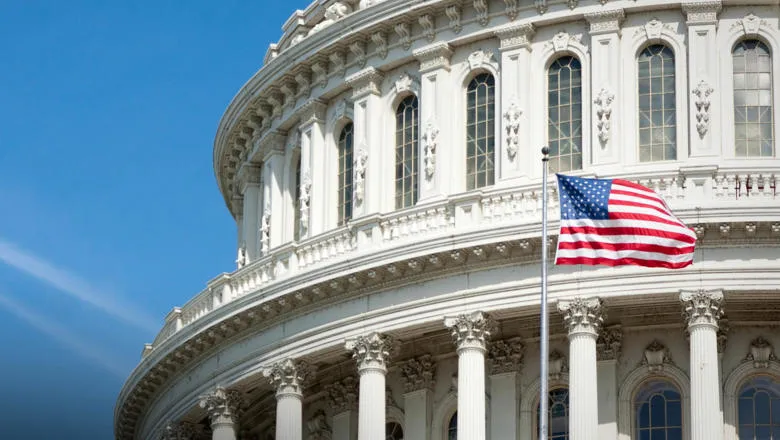The article critiques the 2025 Executive Order on tariffs, arguing it reflects a trend of policymaking driven by rhetoric rather than empirical data, mirroring past tariff impacts like those from the Trump administration, which reduced U.S. GDP by 0.12%. It highlights a failure of political and economic governance characterized by “epistemic failure.” The order also veered into diplomatic misconduct, particularly by denouncing investigations into former Brazilian President Jair Bolsonaro, indicating a breach of sovereign political processes.
This trend is part of a broader history of denialism, where established truths are ignored to support authoritarian agendas. Trump’s approach exemplifies a governance model that prioritizes political theater over scientific and legal evidence. The convergence of protectionism, misinformation, and foreign interference points to an anti-evidence agenda that damages both domestic policymaking and international credibility.
The article argues that this anti-scientific governance has tangible consequences, as seen during the COVID-19 pandemic where misinformation led to higher mortality rates in certain demographics. This trend manifests in trade, diplomacy, and public health, with dire results like weakened global cooperation and respect for sovereignty.
The persistence of misinformation is linked to short-term political benefits, allowing leaders to galvanize support while undermining democratic integrity and international alliances. Ultimately, the article presents the 2025 tariff order and its diplomatic implications as a warning: the effects of anti-scientific governance extend beyond domestic issues, threatening international stability and cooperation.



